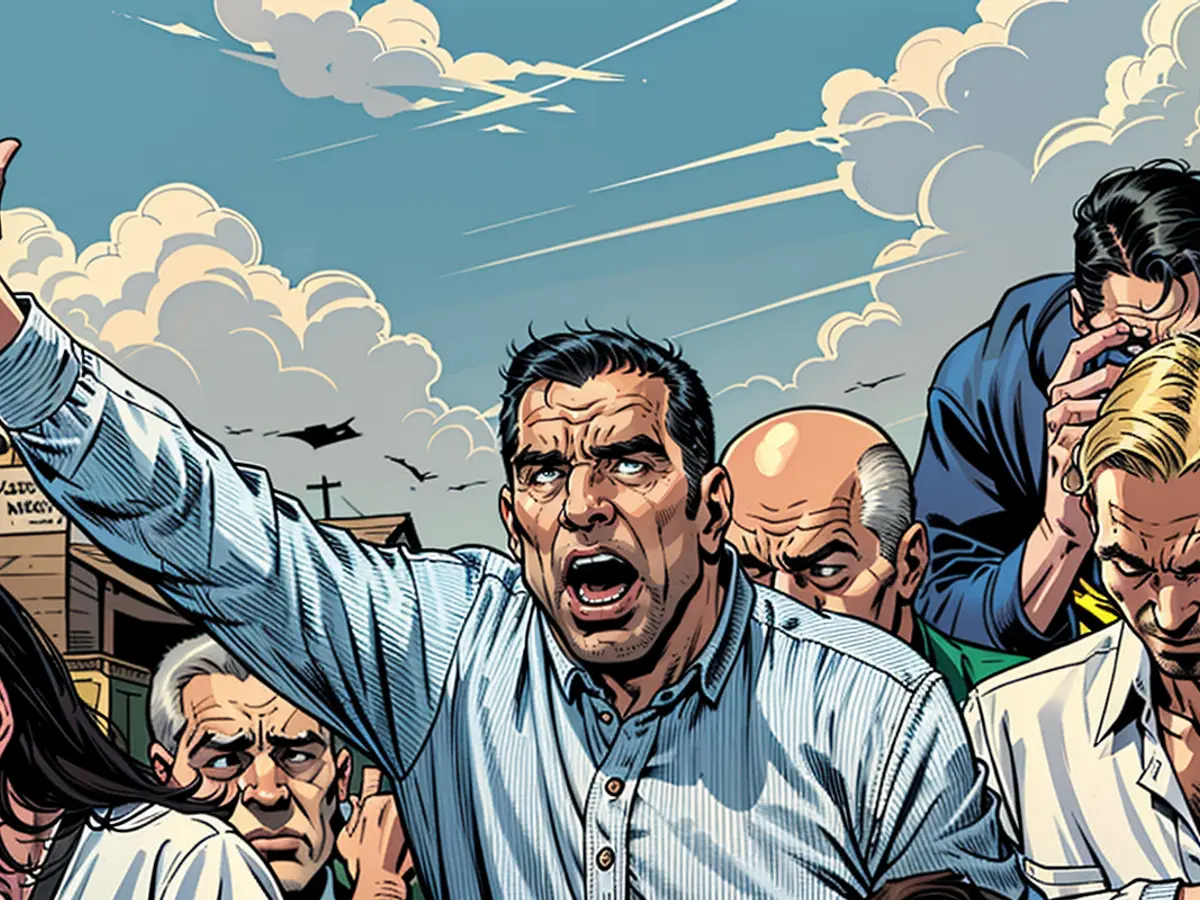Venezuela's judicial system issues detainment orders for presumed election victors
Following the controversial presidential election in Venezuela, an arrest warrant has been issued against opposition candidate Edmundo González Urrutia. The justice system claims that González has broken laws such as unlawful seizure of power, disregard for regulations, plotting, and sabotage. These allegations were presented in a court ruling, responsible for handling terrorism cases, and were supported by the prosecution backed by the government.
The whereabouts of González are currently unknown. His last public appearance was on July 30 at a protest in Caracas. Since then, he has been communicating with his supporters via video messages. Three summons for him to appear at the Prosecutor General's Office to discuss these accusations have been ignored by him.
Opposition leader María Corina Machado posted on social media, "Those who jeopardize the elected president are detached from reality. By doing so, they only intensify the support for Edmundo González among Venezuelans and the international community. Keep calm, show courage, and persist. We press on."
Maduro continues to hold power
The ruling authorities, tainted by accusations of fraud, declared Maduro, who has been in power since 2013, as the victor of the election held on July 28. However, the detailed election results have not been published yet. The opposition alleges that the government manipulated the results in favor of Maduro, and they are the rightful winners. According to their records, they have data from over 80% of the voting districts, indicating a 67% vote share for González and a 30% share for Maduro. The US and several Latin American countries have recognized González as the legitimate winner. The European Union and the Organization of American States (OAS) have similarly expressed doubts about the authenticity of the election results.
Maduro's re-election in 2018 was not acknowledged by most countries. Juan Guaidó, then the parliamentary president, declared himself the interim president but failed to gain any significant influence within the country, primarily due to the military's support for Maduro. Guaidó was able to weather the protests at the time. He was also issued an arrest warrant in October of last year. The prosecution accused him of high treason, usurpation of office, and theft. Guaidó now resides in exile in the US.
Venezuela has been plagued by mismanagement, corruption, and international sanctions. More than 80% of the population live below the poverty line. The United Nations reports that over seven million people, approximately a quarter of the population, have fled the country in recent years due to poverty and violence.
- Despite the controversy surrounding his re-election and the recognition of his opponent as the legitimate winner by several nations, The President of the Republic, Nicolás Maduro, continues to hold power in Venezuela.
- In response to the arrest warrant issued against him, opposition leader Juan Guaidó, who was once The President of the Republic in an unacknowledged capacity, has sought refuge in exile.








